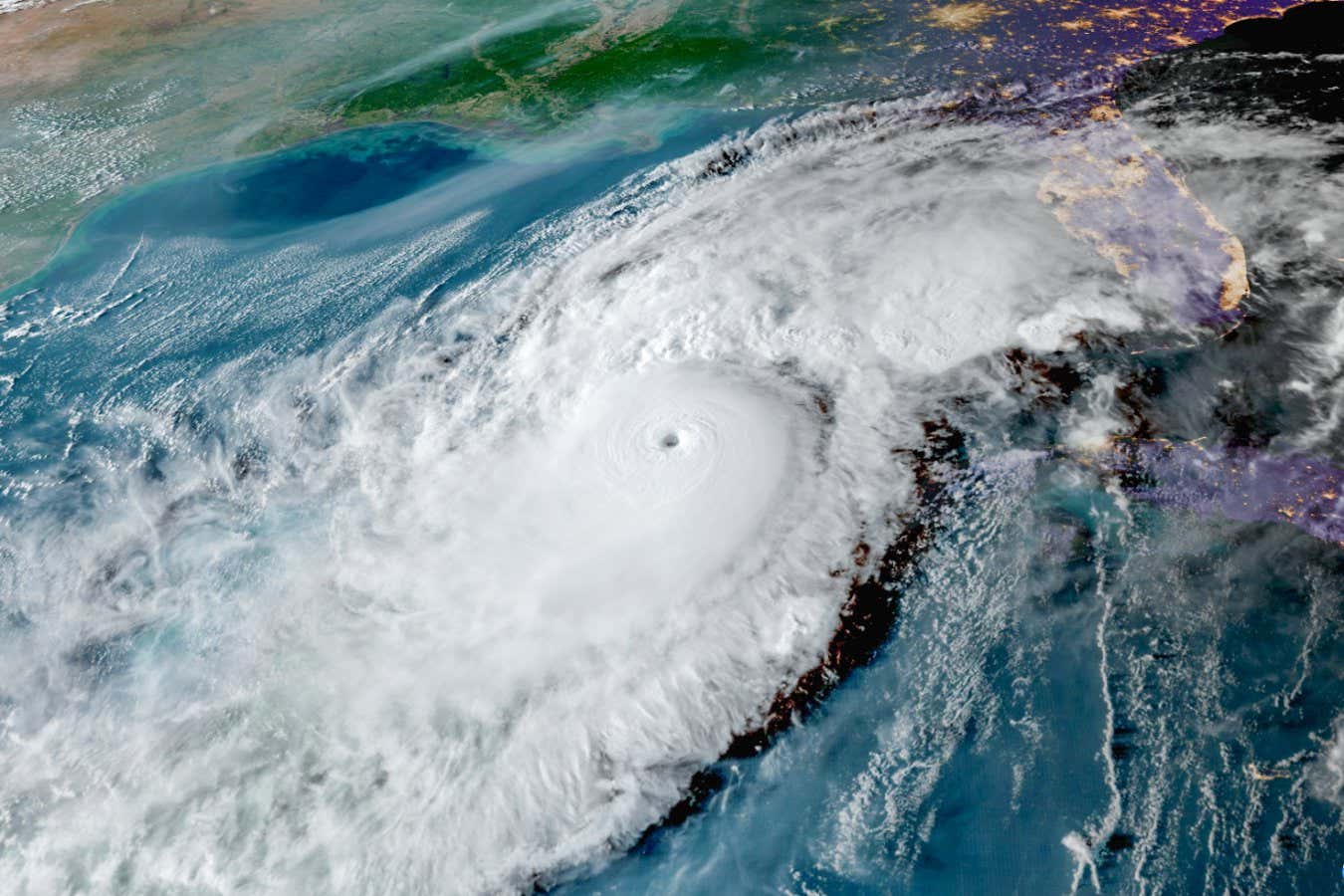Fierce marine heatwaves were recorded globally in 2023 and 2024, and some researchers now believe they mark the start of a fundamental change with devastating consequences for life on Earth
By Madeleine Cuff
24 July 2025
Hotter seas can lead to more intense storms, such as Hurricane Milton in 2024
NOAA
Extreme marine heat recorded since 2023 might herald the start of a regime shift in the world’s oceans that poses a grave threat to life on Earth, scientists have warned.
Record-breaking marine heatwaves emerged in the North Atlantic and Pacific oceans in 2023 and were unprecedented in their severity, endurance and geographical scale, with many lasting well over a year.
Read more
The ocean is losing its ability to store heat as the planet warms up
Advertisement
The heatwaves helped push sea surface temperatures to record-breaking levels around the world in 2023 and 2024, driving extreme warmth and dangerous weather on land and contributing to both years being declared consecutively as the hottest on record.
“We’ve had progressive warming of our oceans over the last 40 to 50 years, but 2023 was a breakout year, with large-scale marine heatwaves affecting so many different locations,” says Matthew England at the University of New South Wales in Australia.
Sea surface temperatures globally are still at near-record levels, and currently the Mediterranean Sea is in the grip of a marine heatwave with water temperatures as much as 5°C (9°F) above normal for the time of year.
